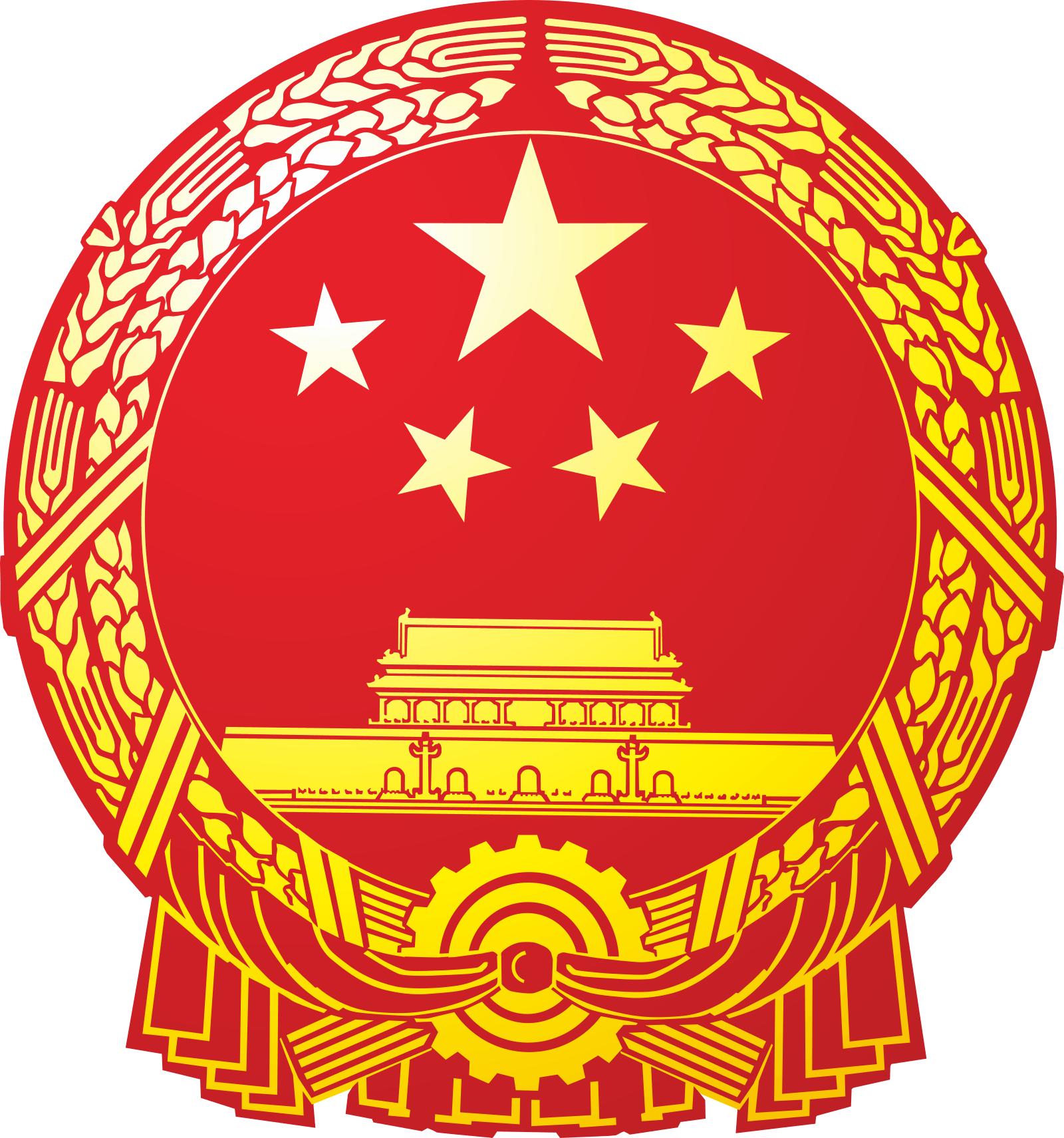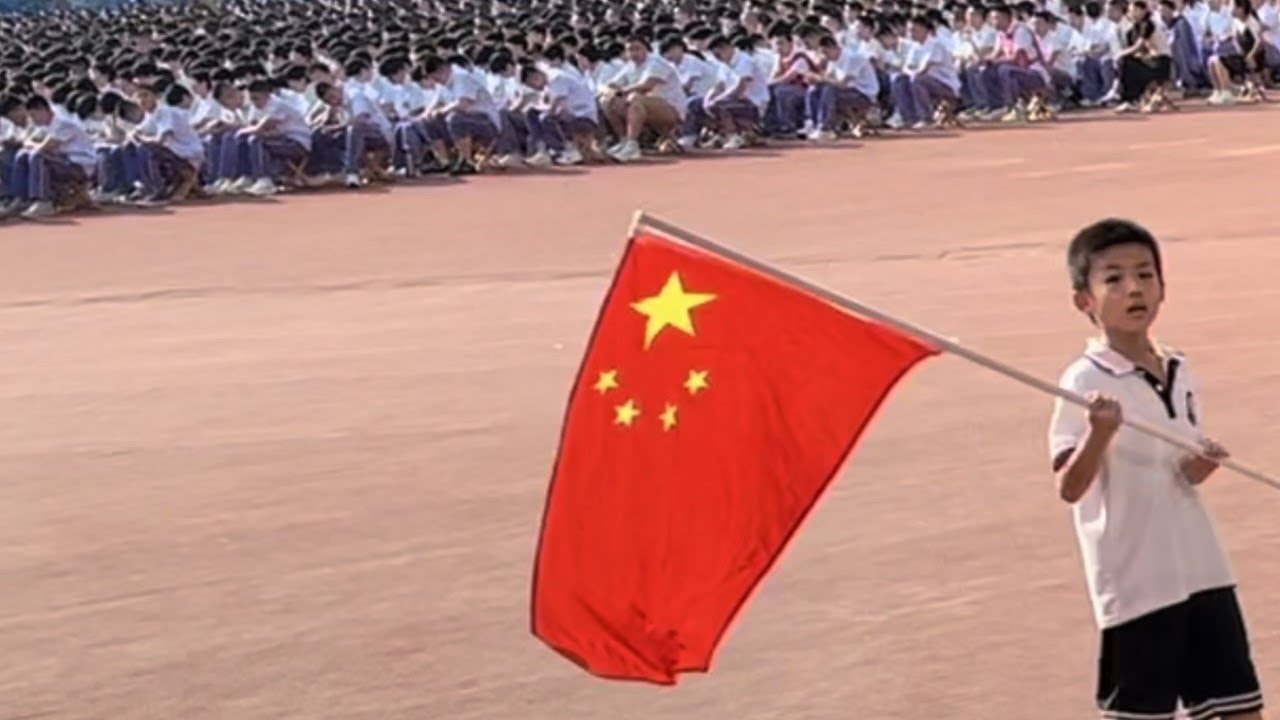- 19 Posts
- 21 Comments

 8·1 year ago
8·1 year agoHow prevalent is this? My impression was that this was tested on a limited scale then ended because it was unpopular. I might’ve confused it for something else though.

 39·1 year ago
39·1 year agoI thought this was a parody account at first

 191·1 year ago
191·1 year agoDid you even read the article you linked? The only concrete claim this article makes as to government monitoring citizens’ internet activity is that services are required to log user data (messages sent, browsing history) for around 6 months. This is literally standard practice around the world.

 24·1 year ago
24·1 year agoThe sentiment seems to vary quite a bit based on which platform you’re on. While scrolling Douyin (tik tok) I saw lots of pro-LGBT content and openly homosexual couples, lots of pride flags and so on (this compilation includes some of that). I also looked up the Baidu Baike articles on 跨性别 and 同性恋, and I thought they were really good. When it comes to state media, they also made some documentaries showing the LGBT community in a positive light. I also found this SCMP article quite insightful. Of course, we also shouldn’t forget that China has the world’s biggest gay dating app: Blued.

 182·1 year ago
182·1 year agoOf course you can use it, don’t be silly! The government doesn’t actively monitor your apps or internet activity.

 29·1 year ago
29·1 year agoHighlighting this quote from the research paper:
The research for this report was funded by the “China Network’s International Programme (Open Societies) Fund 2022/23 (£68k). The report and all contents reflect the independent work and conclusions of the authors and do not reflect the views or opinions of the funders, the British Embassy Beijing, or the U.K. government. The authors wish to extend their gratitude to the individuals and organisations who supported this research by providing concrete feedback for revisions on the report, offering suggestions and advice at the planning stages, and offering ongoing collaborative and moral support while conducting this research: Elise Anderson, Campaign for Uyghurs, Freedom House, Tim Grose, Ondřej Klimeš, Julie Millsap, David O’Brien, the Rights Practice, Radio Free Asia, Isabella Rodriguez, David Stroup, Hannah Theaker, Emily Upson, the Uyghur Human Rights Project, the Uyghur Transitional Justice Database, the World Uyghur Congress, the Xinjiang Documentation Project, the Xinjiang Victims’ Database, and Adrian Zenz.
China Network’s International Programme (Open Societies) Fund is funded by the UK government and offers research grants for the following:
All projects should aim to support improvements to and/or increase understanding and awareness of contemporary human rights in China. Issues on which we welcome bids include but are not limited to: Freedom of expression, including media freedom and countering disinformation Religious and cultural rights, including for minority groups. Technology and human rights, Criminal justice reform, Civil Society resilience.
And of course, the research is supported by Radio Free Asia, Adrian Zenz, and a bunch of the classic NED funded Uyghur activist groups.

 7·1 year ago
7·1 year agoselfish redrawing of territorial lines
Who was it that drew the 11-dash line? (spoiler: not the PRC)

 19·1 year ago
19·1 year agoExactly! but the funny thing is, I’ve only seen these disclaimers on non-political videos.

 1·1 year ago
1·1 year agodeleted by creator
I believe it was “永远吹冲锋号”. You can find it on Youtube
Edit: Link

 1·1 year ago
1·1 year agoIf we’re talking about cultural exports, then I would highlight the three body trilogy, which is a Sci-fi trilogy which actually did become quite popular in the west. China of course also has quite a big gaming industry (genshin).

 01·1 year ago
01·1 year ago14 upvotes in 10 minutes? something fishy going on 🤔

 9·1 year ago
9·1 year agoThank you for your service 🙏

 4·1 year ago
4·1 year agoI mean, China has lots of ‘cool’ things, but it is actively suppressed by the media landscape in the west. It should also be noted that China lacks soft power only in western countries. According to the Bennett Institute, China is more popular in the global south than the US.

 341·1 year ago
341·1 year agoThis will definitely turn the tide of the war 🤯

 0·1 year ago
0·1 year agoDoes anyone actually understand the appeal of these streams? Is it just kids that watch it? or is it an NPC fetish like moist says?
Yeah it seems that the discourse varies a lot based on which platform you’re on. I’ve heard a lot of bad things about the Baidu forums lol

 3·1 year ago
3·1 year agoI would much rather recommend you to find words to learn instead of characters, since this will actually let you understand the characters a lot better. Learning the words and the characters they are made out of will help you map the underlying meaning of the characters a lot better, since characters in themselves are hard to define using english words. Take for example “面” which if you look it up in a dictionary will be translated as: surface, flour, noodles, aspect, side. The meaning of this character will depend on what characters it is used in conjunction with, and so how will you be able to understand which of these meanings it has if you don’t know the words and grammar?
Also, I would strongly recommend that you start with focusing on listening instead of reading, since this will help you develop a better accent and it will make learning the characters a lot more effortless.
Additionally, understanding comments on social media is actually kind of an advanced skill, since you need a very good understanding of the culture and references.






Omg that’s so me